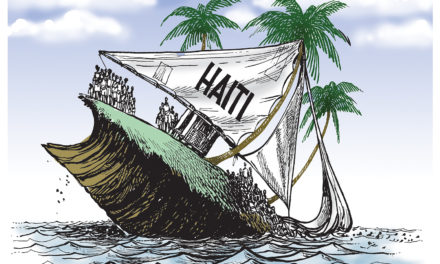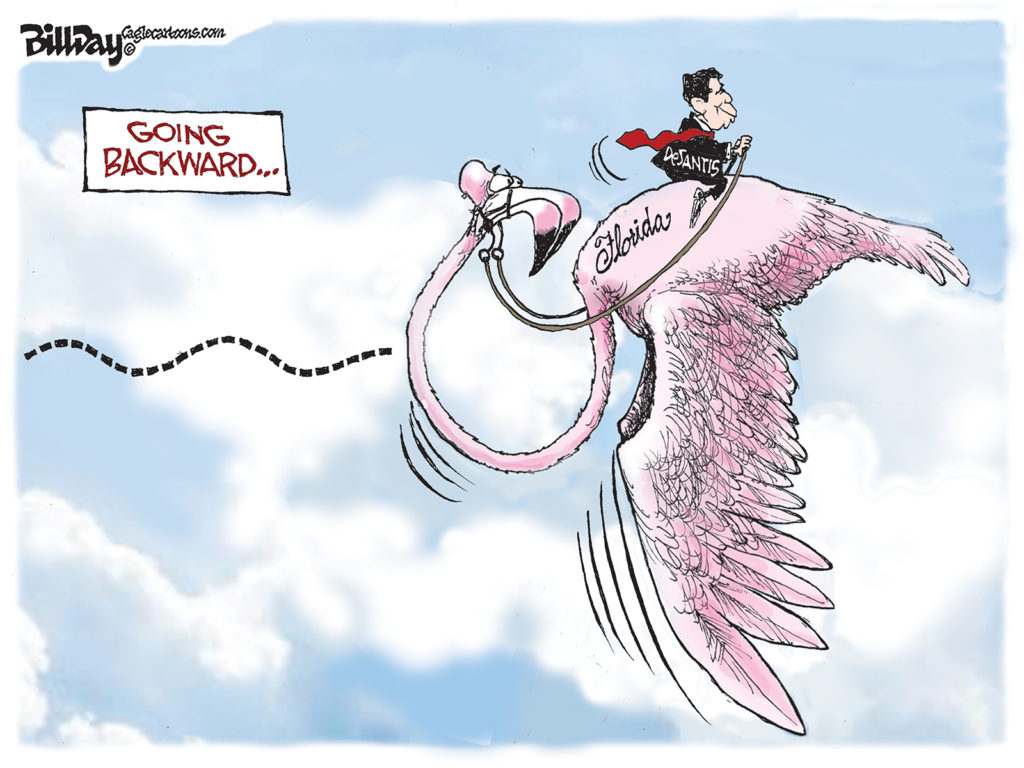Make no mistake; the goal for the biosciences in Memphis is national and international leadership. In particular, it is leadership in the core areas in which we have a strong foundation. These include biomedical research, orthopedic devices, biologistics and bioagriculture. In each case, we have a firm foundation and a leadership position already. It has become abundantly clear over the last few weeks that we are taking the right steps, but also that we have a long way to go if we want to catch and surpass some international leaders.
Memphis Bioworks Foundation has over the last few weeks had the privilege of hosting two international leaders in the development of bioscience clusters. In May, as a part of the Memphis in May international business exchange, we co-hosted Professor Joseph A. Martial, Chairman of the Board of Directors of GIGA, (Grappe Interdisciplinaire de Géno-protéomique Appliquée), and Doctor of Science, Molecular Biology and the Genetic Engineering Unit at the University of Liège, Sart Tilman, Belgium. Also, just last week, we co-hosted a special presentation by one of the premier experts on the future of farming in global biobased products and value-added agriculture, Gord Surgeoner, Ph.D., President of Ontario Agri-Food Technologies.
Both of these speakers gave excellent insight into what it takes to create an international cluster.
In the case of Liège, Belgium, they have created an international leadership position in genetics, infectious disease, cancer and neuroscience through a focus on collaboration in research, tech transfer, new business development and training for a cohesive and integrated community and business development operation.
In the case of Ontario Agri-Food Technologies, it is success in linking farming, academic, industry and government sectors to gain access to new technologies, and to develop a local supply chain in order to compete in the global marketplace through new markets for their crops, including non-food/industrial applications.
Three themes came across in both of these success stories.
1.) Nothing happens and no cluster can be achieved unless effective councils/alliances/partnerships are developed where members park egos and self interests at the door for the benefit of the community at large. In the case of Bioagriculture in particular, that means a focus on both rural and urban needs and benefits.
2) Communities need to be customer-driven. They will be spinning their wheels if the product or service they are providing does not answer the potential marketplace’s cry for “I Need…” in a way that adds value with no loss of functionality. That answer often comes from “de-risking” the customers’ reluctance to change.
3) Building the infrastructure requires a vision of the future, not just an understanding of the present. That requires a view of how your community expands the market for what you are providing, instead of just cannibalizing an existing market.
The good news is that we have a good grasp of all that, and we are taking the appropriate steps. Both guests made it clear that this all takes time. Because some communities around the globe are well on their way toward their bioscience business clusters, time is not on our side. This isn’t meant as a warning, just an observation that the time is now for all parties to come to the table for united efforts.
While I could go into detail in great depth on both of these case studies, I would instead suggest you take a look at their respective websites at www.giga.ulg.ac.be/jcms/c_5015/home and www.oaft.org.
I do want to leave you with a great quote from Dr. Surgeoner on his organization’s vision and progress toward becoming a sustainable bioagriculture center. In discussing how change requires the three elements I described above, he stated:
“The stone age didn’t end because we ran out of stone, nor will the oil age end because we ran out of oil.”
Progress waits for no one as these two global models show. They are both lessons for Memphis in best practices as well as competitors in the global bioscience market. It is time to learn and move forward.




